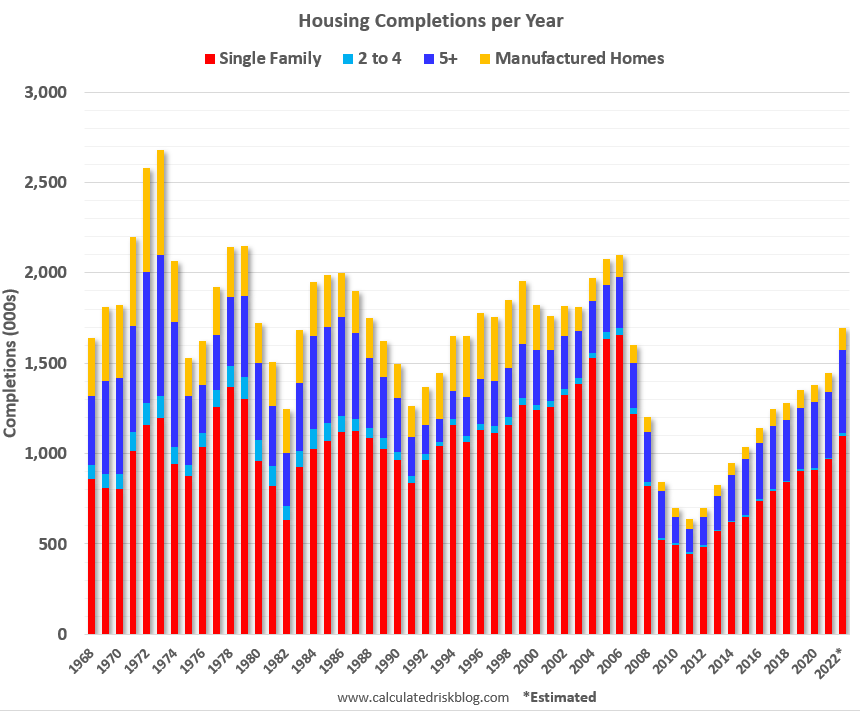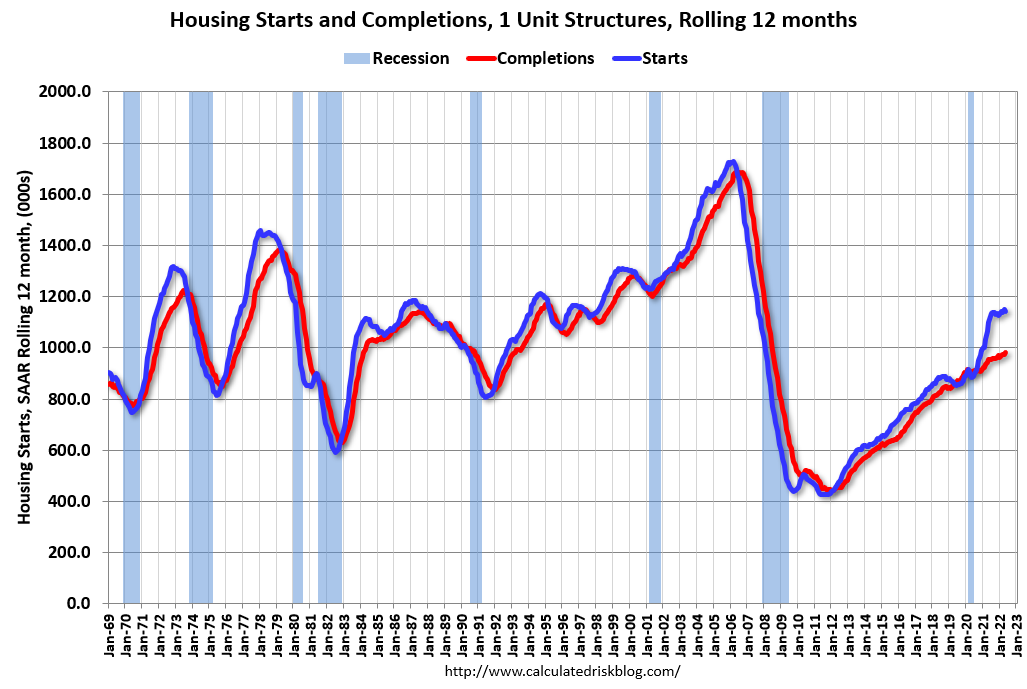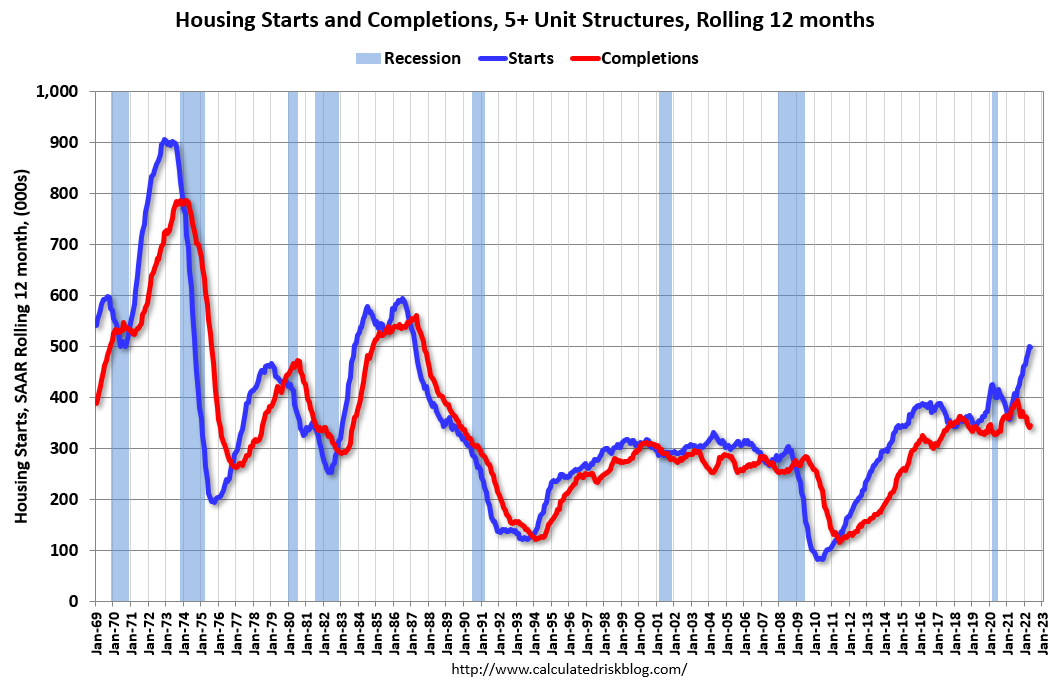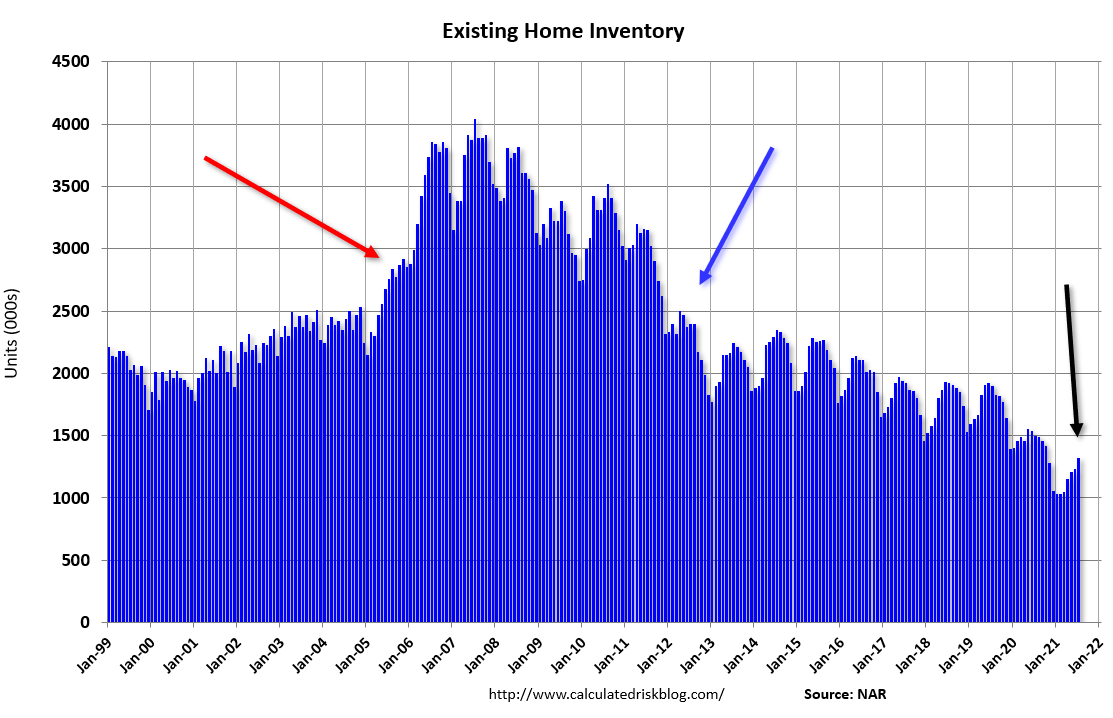- 22 Jun 2022 14:00
#15234463
Do you understand why builders will refuse to build so many homes that they lose money?
It is because they will lose money. As @Potemkin has pointed out, capitalism does not have the tools to solve this.
Since they will not do this even to reduce the cost of houses, it is illogical to assume they will do this in order to provide houses for the homeless.
You often come up with new arguments when you see your old ones do not work.
I will ignore this new argument for now.
Since this is the first time you said this in the thread, the part where you did not mention it makes it unclear.
Now, both this argument and the hilarious “force contractors to build so much they lose money” idea assume that the only way to address homelessness is to use the existing market system to build more homes.
This assumption is incorrect.
See my previous post. Thanks.
There is a crack in everything,
That's how the light gets in...
wat0n wrote:Sort of. I'll settle for just increasing housing supply.
Do you understand why builders will refuse to build so many homes that they lose money?
It is because they will lose money. As @Potemkin has pointed out, capitalism does not have the tools to solve this.
Since they will not do this even to reduce the cost of houses, it is illogical to assume they will do this in order to provide houses for the homeless.
Rent control also suppresses supply of existing homes, which is also a major factor to consider.
You often come up with new arguments when you see your old ones do not work.
I will ignore this new argument for now.
What part of "zoning laws restricting densification are contributing to the suppression of the housing supply" isn't clear?
Since this is the first time you said this in the thread, the part where you did not mention it makes it unclear.
Now, both this argument and the hilarious “force contractors to build so much they lose money” idea assume that the only way to address homelessness is to use the existing market system to build more homes.
This assumption is incorrect.
This tangent is one thing America, or at least parts of America, isn't handling well. It is also a problem that affects most developed countries, if anything the US is definitely not the worst example to follow here - even the basket cases like California.
And it's happening in Latin America as well.
See my previous post. Thanks.
There is a crack in everything,
That's how the light gets in...





















 - By late
- By late